
ChordAid: Chord Reference
Music and Education
App
Chord reference for guitar, bass, ukulele, mandolin or bouzouki. Supports standard or alternate...

Slotpark - Casino Slot Games
Games
App
Welcome to Slotpark! Come on in! Enjoy an ultimate experience brought to you from the most...
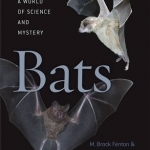
Bats: A World of Science and Mystery
Melville Brockett Fenton and Nancy B. Simmons
Book
There are more than 1,300 species of bats - or almost a quarter of the world's mammal species. But...
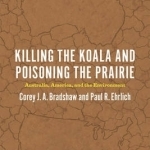
Killing the Koala and Poisoning the Prairie: Australia, America, and the Environment
Corey J. A. Bradshaw and Paul R. Ehrlich
Book
Though separated by thousands of miles, the United States and Australia have much in common....
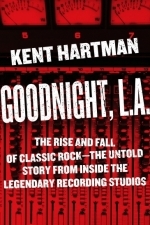
Goodnight L.A.: The Rise and Fall of Classic Rock — The Untold Story from inside the Legendary Recording Studios
Book
A behind-the-scenes journey through the rise and demise of the '70s and '80s classic rock era ...
music
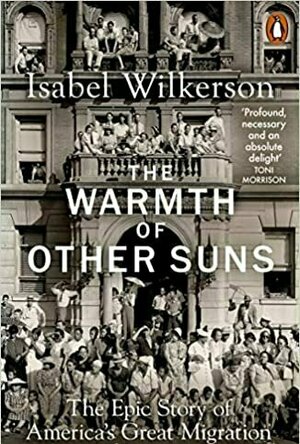
The Warmth of Other Suns
Book
From the winner of the Pulitzer Prize, this is one of the great untold stories of American history:...
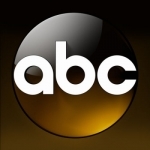
ABC – Live TV & Full Episodes
Entertainment and Lifestyle
App
Catch up on the latest episodes* of your favorite ABC shows, watch on-the-go, and stream live** TV -...
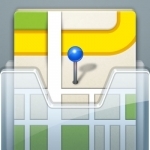
OffMaps 2 · Offline Maps for Travelers
Navigation and Travel
App
"A Cheaper Way to Navigate Abroad, No Costly Data-Roaming Required", NYT GadgetWise Blog "OffMaps 2...
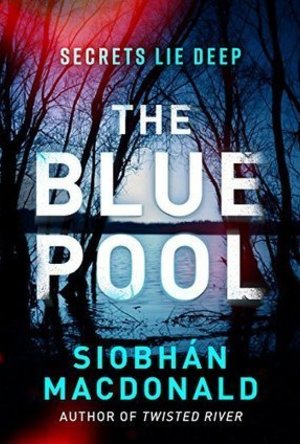
The Blue Pool
Book
What really happened that weekend? Four friends go to a remote cabin one summer. Only three return....

Odyssey: The Tet Offensive and the Epic Battle of Echo Company to Survive the Vietnam War
Book
A powerful work of literary military history from the New York Times bestselling author of In...